But, what do consultants actually do?

You got the offer! Consulting is a prestigious industry, and you're going to get to experience it first hand. Interesting clients, tough problems, glamourous travel. Not to mention great pay. Let's not talk about the hours for now...
Exciting times. You tell your Mum. She, naturally, says "Congratulations, that's great news. Tell me again, what do consultants actually do?" Er...
Surprisingly tough question to answer, even for people who have been in the industry for a long time.
I'm going to give you my definition, the one we take people through in our Core Consulting Skills course. But first here are some others you may see.
A simple Google search gives this incredibly useful definition (/s)

A consultant is... a person who consults. Insightful. Thanks, Google.
dictionary.com uses "a person who gives professional or expert advice" - a bit better, but this doesn't explain a management consultant vs a lawyer or an accountant, for example. The same definition is used by Merriam-Webster.
Collins at least have a definition of management consultant: "A management consultant is someone whose job is to advise companies on the most efficient ways to run their business."
This misses the mark for me. Efficiency is too narrow a focus. What about all the consultants advising on growth strategy, delivering change programmes, or helping embed new cultures? There are many business problems that 'efficient' isn't the right or only solution for.
These definitions all miss a critical aspect of consulting as well.
If you don't get your clients to do something different you are wasting your time. They must take action as a result of working with you. And to take action, they need to have confidence - they need to trust you. All these dictionary definitions ignore the human element of consulting.
As David Maister writes on the role of a consultant "Consulting is almost never an exclusively logical process. Rather, it is almost always an emotional “duet” played between the consultant and the client. If you can’t learn to recognize, deal with and respond to client emotions (and client politics), you will never be an effective consultant."
So, we need a better definition of consulting. Here's the one I use:
We help solve difficult problems. Problems that our clients have been unable to solve for themselves. They could have gaps in knowledge or capacity, or simply be unable to drive change in the way they want to. Whatever the reason, they need some help to solve the problem, or seize the opportunity, they are facing.
As David Maister implies, solving problems isn't enough. You can have the best solution in the world, but if people don't believe in you it'll just collect dust. To get people to take action we must also build trust.
People don't take action based on rationale analysis. They need to believe. They need the confidence to choose the right path forwards. They need to trust you, as well as trusting your recommendation.
So, next time someone asks what you do as a consultant, now you have an answer.
"I help solve difficult problems and build trust so that people can take action with confidence."
Or, to keep it even simpler, just...
"I help people"
I write things like this to help consultants. I aim to publish once a week. Subscribe below to get the new stuff straight to your inbox.
